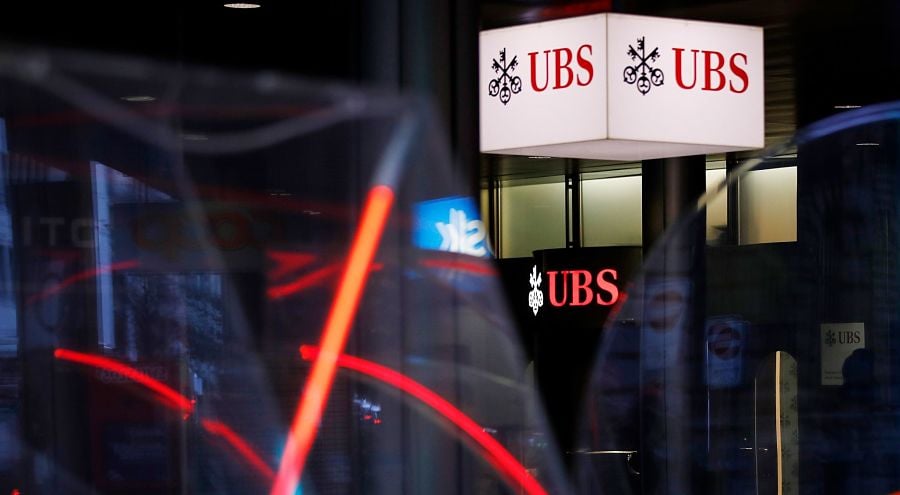

The Securities and Exchange Commission announced Wednesday that it ordered UBS Financial Services Inc. to pay nearly $25 million to settle charges that it defrauded clients who invested in a complex options product.
The SEC said that from February 2016 through February 2017, UBS marketed and sold to 600 advisory clients the Yield Enhancement Strategy, which borrows against an existing portfolio of debt or equity securities to purchase and sell S&P 500 options, according to the agency’s order. UBS clients allocated about $2 billion to YES.
The strategy is designed to boost returns during periods of low market volatility, but it can generate losses during high volatility. UBS registered reps didn’t understand the downside risks of the product or whether it was in a client’s best interests as a result of inadequate training and supervision, the SEC alleged.
UBS recognized and documented the significant risks associated YES but it did not communicate them to its reps or clients, according to the SEC.
Clients who bought the product were in for a rude awakening during a market downturn that occurred after the relevant period of the case.
“The strategy began experiencing losses in early 2018 as market volatility began to increase and suffered a 13% loss in December 2018 and an 18% loss for calendar year 2018,” the SEC order states. “Certain financial advisors and clients expressed surprise by these losses, and certain clients closed their YES accounts.”
The case is another example regulators — both the SEC and the Financial Industry Regulatory Authority Inc. — increasing their scrutiny of complex products.
“Advisory firms are obligated to implement appropriate policies and procedures to ensure all parties involved in the sale of complex financial products and strategies have a clear understanding of the risks those products present,” Osman Nawaz, chief of the SEC Division of Enforcement’s complex financial instruments unit, said in a statement. “As fiduciaries, advisers also must make suitable recommendations to their clients. Complex products can present unique risks, and the SEC will remain vigilant and continue to take action to protect those who invest in these products from misconduct.”
UBS did not admit or deny the SEC’s findings. A UBS spokesperson did not immediately respond to a request for comment.
The YES strategy has been the cause of action in about two dozen Finra arbitration cases. Last week, Finra arbitrators ordered UBS to pay $975,000 to harmed clients. UBS also recently paid a $3.9 million arbitration award. Finra arbitrators also have rejected many YES claims, with UBS prevailing in about half the cases.

Relationships are key to our business but advisors are often slow to engage in specific activities designed to foster them.

Whichever path you go down, act now while you're still in control.

Pro-bitcoin professionals, however, say the cryptocurrency has ushered in change.

“LPL has evolved significantly over the last decade and still wants to scale up,” says one industry executive.

Survey findings from the Nationwide Retirement Institute offers pearls of planning wisdom from 60- to 65-year-olds, as well as insights into concerns.
Streamline your outreach with Aidentified's AI-driven solutions
This season’s market volatility: Positioning for rate relief, income growth and the AI rebound
